Samuel Beckett once wrote: ‘To find the form that accommodates the mess, that is the work of an artist.’
An old African professor enters my class; he is of the same generation as Chinua Achebe, and for him too, anecdotes are the palm oil with which lessons are consumed. Over the years he has polished his anecdotes to sound more dramatic, more captivating. And judging on the unusual record attendance, they have earned him quiet a reputation around the faculty.
Like every time before a new lecture, he asks everyone to introduce himself, which is a real treat if you are a pan-Africanist. My class is a little AU laboratory: From Somalia to Somaliland, South-Sudan to Sudan; Ghana to Nigeria; Rwanda to DRC; Tanzania to Uganda; Madagascar to Mauritius; Sierra-Leone to Liberia, and Kenya, well to Kenya, everyone is there and has a bone to pick with the other. All said that and done, we love each other…
You can see his eyes shine with delight every time a new country is announced. In his time has seen and heard many African intrigues, tragedies and promises. So I go last: Gatete, Rwanda. He looks at me and says: ‘ah, Rwanda’, then he turns to the class and says: ‘let me tell you a story’: everyone holds his breath; this man comes as announced… He clears his throat and goes: ‘one day when I was a child, I stole my mother’s ground nuts, but no one saw me. So my mother knew it was me, but couldn’t beat me, because she had not caught me’, he pauses to assess the class’s attention; he is satisfied, smiles and continues: ‘she asked me repeatedly but I denied it’ so she left me. Two hours later after lunch, my grand mother called me, and simply asked: ‘do you want to go to heaven?’ ‘I said yes. Then she said: ‘go tell your mother the truth.’ ‘I shouldn’t have listened to my grand mother, because I got a serious beating that day…’
Everyone is laughing to such a funny and practical African story, but I am not; I know where he is going with this. Being a Rwandan traveling around, you always have your ‘bullshit detection senses’ on. He looks at me and sees that unlike my colleagues I don’t seem to find his joke funny. So he turns to them and finally says: ‘when I went to law school, the first thing they taught me was: never incriminate yourself; especially if you have no defence attorney…’ This class is going to be interesting, I think to myself; either this man is an idealist or an idiot. Then I look at the white hair on his head, and I say to myself no, he studied too much western law that he has forgotten his African ways…
Qui s’excuse s’accuse s’accuse he tells me. Imagine I am a 20 years old Hutu. I did not do anything, I was young when the genocide happened, I shouldn’t apologize for what my ‘group’ did. A crime is personal. Don’t you think this is some scheme to make all Hutus look bad?
What do you think? I ask him, You just told me that in your view, all Hutus already stand accused. How do you think that is going to end? A crime is personal: in a court of law! not in the farm, on the mountain or in the village.
Hutus who were killed in the genocide, were killed because of their affiliation to Tutsis, either they hid Tutsis, refused to separate themselves from Tutsis when asked to; they resisted the plan to kill Tutsis, etc. The rest of the Hutus stood by, because they were threatened, powerless, scared, coward or accomplices to act.
Hutus who showed heroism are either no more, duly recognised today, or silently living their lives, and continuing to play their role in the reconstruction of the country.
He shakes his head: you, you are a different Rwandan! Rwandans that we receive here are silent and don’t speak too much! he says and suddenly changes subjects…
It is true that all over the world the story is: Hutus killed Tutsis. It is true that that was the plan, and it is true that that is what happened.
Later, most Hutus fled the country, went into exile, many died there of diseases due to poor humanitarian response, most came back, many were arrested, convicted by the Gacaca and sent to prison, leaving behind unaccompanied children out there, single mums, and old parents unattended to. on the other hand, there were survivors: raped, orphans, widows, traumatised and stripped of their property. But that is the mess of war.
Everyone I meet, especially lawyers, get outraged by the thought that people who were convicted by the gacaca never had a chance to an attorney. The truth is, no one ever pays attention to the fact that they were never charged by a prosecutor either. In classical a criminal case, it works like this: on the right, a prosecutor, on the left a defence attorney, and in the middle a bench of judges.
After an elitist legal showdown, between the prosecutor and the defence attorney, usually in a mixture of legal gibrish and latin, the best lawyer wins, the worst looses. The actual parties are not relevant, until it is time to face the consequences of the performance of the lawyer allegedly ‘on their side’. Except when they are rich and powerful; in which case, they never actually go to jail. Instead, they take the court system for a ride until they end up with suspended a ridiculous sentence; believe me, they teach that stuff in law school.
So the stronger, not only wins, but gets famous and is given a chance to do more harm and write his memoires; as for the victim, well, like Mugabe said the other day: ‘the looser can take a rope hang himself’.
For one, this ‘legal show’ could have taken around 100 years, and a trillion dollars, without guaranteeing a good result of reconciliation. All three luxuries Rwandans did not possess.
But more importantly such a process is ok when dealing with individuals in a common crime, in a stable society. Where after the trial, each party goes their separate ways and never see each other again. In Rwanda these people were bound to live and work together.
Courts of law do not produce two reconciled parties, but a winner and a looser. In a community conflict resolution system however – the one that Africans have been using since time immemorial, and one that they are actually good at: There is no prosecutor, there are no lawyers, there are men and women of integrity, and eyewitnesses. There is no gibrish, latin and legal bullshit; everything is real, in plain local language. There is no code, there is common sense. There is no force of law and heavy sentence, there is decency, humanity and learning. There is no grudge, there is reconciliation. There is no revenge, there is a love story.
Now I may have gotten a little romantic with this traditional process. I have to confess that it is a very delicate, long and challenging process. From anger and hate to forgiveness and love, there are many steps that need to be followed. And the success of the process depends on the observance of all the steps.
In researching for this article I found only limited documentation of the old Rwandan dispute resolution mechanisms for heavy sentences, such as homicide. Luckily, I found a very documented African system called the gada. Which is the Oromo system of governance revolving around preserving the cohesion of the society and avoiding conflict.
While in Things fall apart, Chinua Achebe describes the punishment for heavy crimes, to be banishment from the village for a relatively long period (around 7 years), in the gada, one important aspect of the process is apology: open, genuine and honest apology. One of the causes of protraction of conflicts on the African continent nowadays, is denial and cover up, political deals and blanket amnesties, etc. even then, people still feel disgruntled and powerless…
This was not acceptable in that time, and certainly did not have a place in the gada.
Now after the genocide, the RPF was eager to get the country up and running again. They needed both Hutus and Tutsis to be on their best behaviours, work together and move forward. Find something to share first before they could deal with what separates them. I have got to give it to them: That turned out to be a good plan. Thus far.
But unless someone has a better timing, twenty years is as good time as any to bring up Apology.
Ok, we have all been busy, the country seems to be breathing again, all is well, but remember; there is never going to be a best time for this. We jumped many steps in our ‘gada’ process that we need to go back to. We need to revisit our unity and reconciliation trajectory and fill some gaps; because there are some wide ones.
We need to enable some people to cry for example.
What shared guilt does, is that it traps people into fear and anxiety. No one needs to tell them anything; they just drag around an imaginary sign written on their forehead. They are not given a chance to identify with the victims, with whom in reality they have a lot more in common, because they are just decent individuals with compassion. Instead, they find themselves trapped with an identity, which they do not subscribe to, but which, somehow they inherited from their parents, keen, but also society.
Those who are associated with the victims etiquette are not necessarily better off. Their behaviour is scrutinised: too condescending, too reckless, etc. For both groups, society pushes them into different corners and watch their behaviours like animals of a laboratory. And foreigners do not make it easy for us, they look at us differently, react differently when we say we are from Rwanda, study us; start sentences with oversensitive disclaimers when referring to us; etc.
– But we can’t change that. What we can change however, is how we look at one another. Tutsis are angry because hutus killed them and never apologised; fair enough!
– Hutus who had nothing to do with it are angry because it feels like they are being held responsible for things they did not do: fair enough!
The truth is Tutsis need to say that loud and clear: Look, we know that you guys had nothing to do with it, but we are angry at what your relatives did; and you seem unapologetic; we know you did not do anything to suggest that you are unapologetic but we feel like screemmiiinnnggggg, aaarrrgggggg!
And Hutus need to say: look we are sorry for what our relatives did, the truth is we had nothing to do with it, and we are actually on your side, don’t make us feel guilty for something we did not do. We know you actually did not make us feel that way, but we feel like screemiiiinnng, aaaaarrrrrrggggggg!
Feel better? good. now lets go back to the Rwandan culture of ‘kunywana’ – to make a pact of allegiance. After that process, Hutus need to pledge a cattle, and adopt survivors’ children, or grand children.
Finally there needs to be a wedding; The Hutu community needs to give in marriage to the Tutsi community a young virgin girl. I am sure the Tutsi community has a young warrior who just came out of a circumcision ritual up in the mountains and is ready for marriage. they will form a perfect couple, and live happily together…




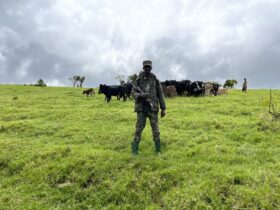




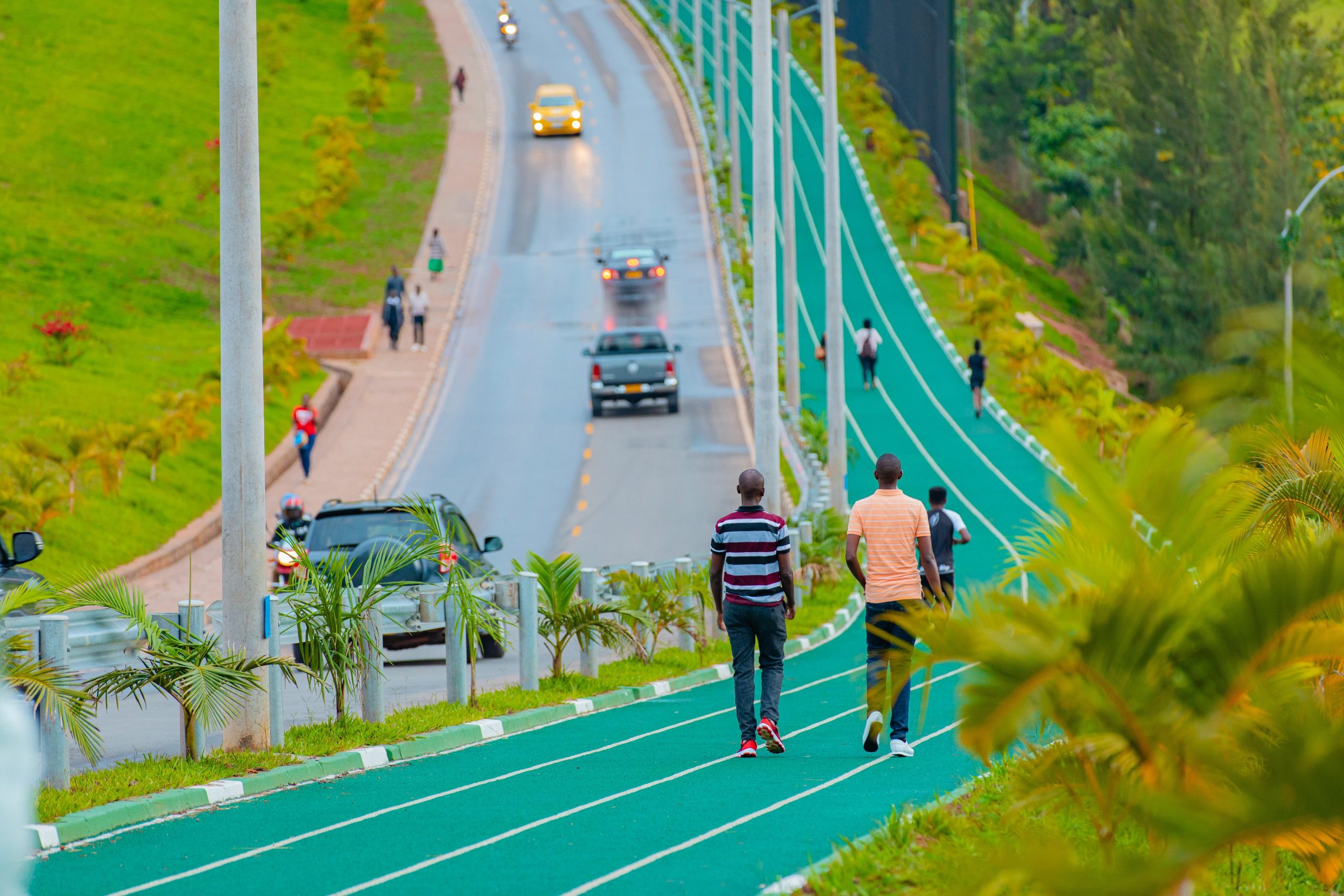



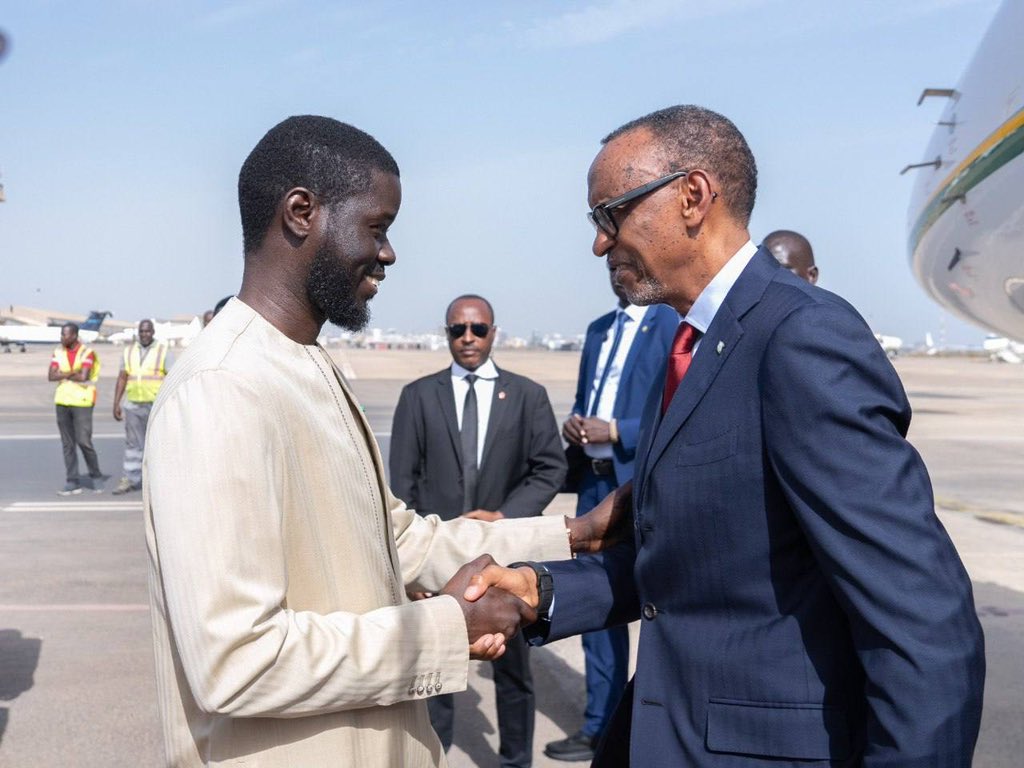
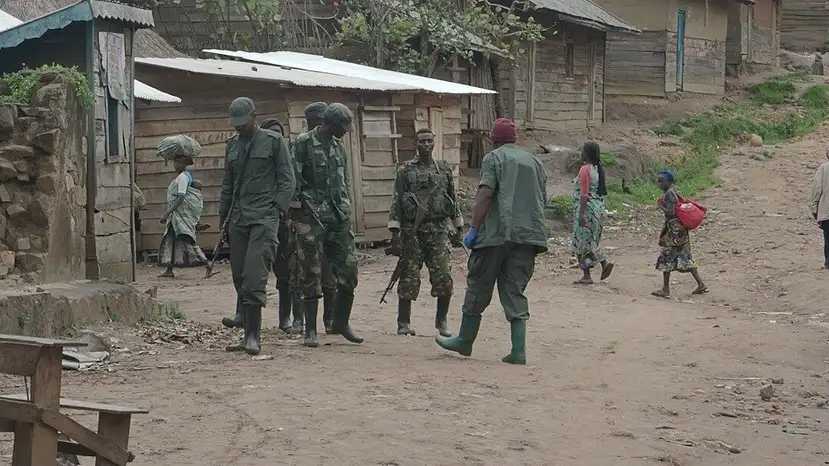
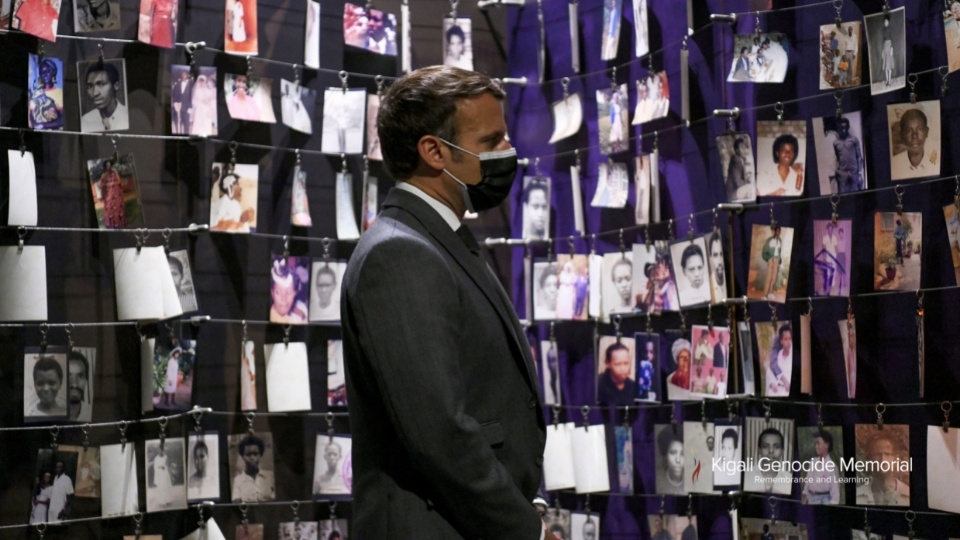
Leave a Reply